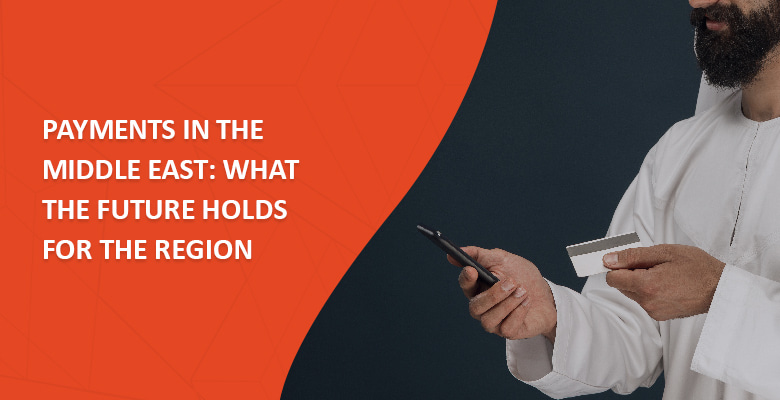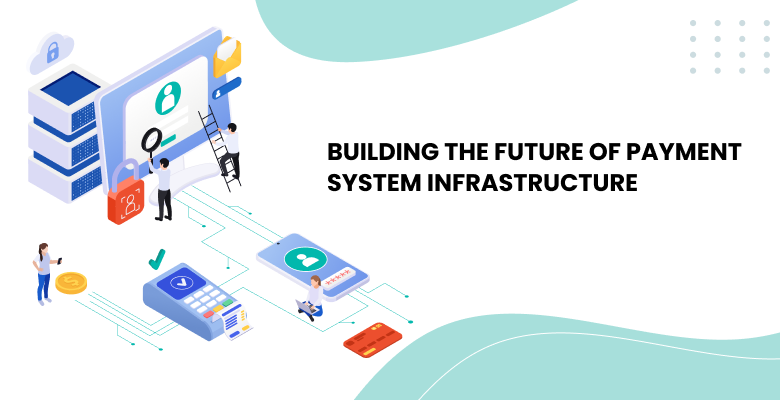
Over the last decade, the payment landscape of the Middle East has gone through a drastic change. The world has seen, repeatedly, that this region breeds digital transformation, and the pandemic has only helped promote this digitalization over the recent years.
The Before and After of Payment Habits in the Middle East
Just a few years ago, people in the Middle East were highly reliant on cash payments, even though there was an increasing amount of startups and a generally tech-savvy population. As a result of deep-rooted payment habits, poor infrastructure, and lack of local digital payment methods, 80% of consumers favored using cash over other available options.
Shortly before the pandemic, there was a drastic shift to digital payment methods, with the adoption rates ranging from 9% to 70% in different countries. This change in payment preferences was made possible with the help of local government initiatives.
With the pandemic, the demand for digital payments rose, and the adoption rates increased by another 10-20%. Currently, experts believe that digital payment methods have become the new habit, and this preference will remain in the future. They expect that digital payment methods will predominate due to their convenience. McKinsey predicts that the most prevalent payment method in the Middle East will be digital wallets, at 60%, with credit and debit cards being a close second.
Reports predict that the Middle East will keep its new preferences with digital payments; at least half of the new digital wallet users will continue using this method rather than returning to using cash even after the end of the pandemic. Furthermore, reports also demonstrate an inclination to use various other digital payment methods, which will continue as the regions keep shifting away from cash payments. Experts anticipate that contactless cards will become the number one preferred payment method in the Middle East.
Preferences of Online Merchants
All over the world, and particularly in the Middle East, smaller-scaled businesses are increasingly moving online. More than half of all merchants are predicted to set up an online store within the next several years. Reports from business owners in this region indicate that they prefer working directly with a marketplace or an established Fintech company over banks or local acquirers.
Today, business owners want more than just payment solutions. They also look for more services, functionality, and convenience. With such criteria, a marketplace is more likely to meet merchants’ expectations, as it additionally assists in setting up the store, increasing sales, and improving conversion rates. However, running a business via a marketplace can cost up to a third of the total revenue, which is why merchants are on the lookout for Fintech solutions that could offer the same services for cheaper.
Open Financial Data and Its Significance
The Middle East is making strides towards open banking, following Europe’s lead. With proper customer consent, open banking enables sharing of customer information with third-party financial institutions. Bahrain was the first to implement open banking in the Middle East, and other states intend to do the same in the near future.
Open banking can accelerate the region’s conversion to digital payments and be more effective than implementing government incentives to switch to non-cash payment methods. Simplified transactions between the population and governmental institutions and accessible KYC procedures are just two of the many benefits that can assist customers in their transition to digital payments.
If all goes as planned, merchants won’t have to be heavily reliant on banks; digitalization of payments will allow merchants to use any payment service provider (PSP) for convenience and smooth payment flow that they couldn’t achieve with banks previously. Consequently, this will give rise to many new businesses.
Opportunities for Payment Service Providers
Despite the emergence of new payment providers in the Middle East, banks are not out of the picture. For banks to stay relevant, however, will require the implementation of digital products and shifting to online KYC procedures. It will also be necessary to reduce fees and find more efficient ways to make money, which is feasible with careful monitoring of customer behaviors and habits and advanced analytics.
While the demand for digital payment services is growing and governments have ambitious plans to digitalize their countries, other PSPs should use this opportunity to enter the market. PSPs should strive to develop new ways of profiting off payment processing other than processing fees, as those will continuously get reduced. Thoroughly research the market to understand customer needs and the gaps you can fill with your services, and partner up with local PSPs to develop a product that will promote digitalization.






